As beef prices hit record highs across the United States, ranchers are warning that these elevated costs might be here to stay. The unprecedented surge in beef prices is being felt by consumers and producers alike, raising concerns about the long-term stability of the market.
Rancher Scott Hayes from Missouri highlighted the challenges facing the beef industry. Hayes, who has been in the ranching business for over two decades, noted that a combination of factors is driving up prices.
“Feed costs have skyrocketed, and the droughts we’ve experienced have severely impacted our pastures,” Hayes explained. “It’s becoming increasingly difficult to maintain our herds and produce the quality beef consumers expect.”
According to Hayes, the rising costs of feed and other inputs, coupled with labor shortages, are pushing prices to levels never seen before. The supply chain disruptions caused by the COVID-19 pandemic have further exacerbated these issues, leading to higher prices at the grocery store.
Rancher Shad Sullivan told The Epoch Times that the sharp rise in prices can be attributed to a “withering assault” from regulators and government authorities who have played an outsized role in the unprecedented increase.
“We are seeing prices at an all-time high, and it is getting close to that point when the consumer is going to say, I can’t do this anymore; it’s just too costly,” said Sullivan. “They (officials and regulators) are trying to push these high prices as a new norm where meat is only a treat for the wealthy. That is where they are pushing us, and that is where we are going.”
Consumers are feeling the pinch as the price of beef continues to climb. A recent report from the U.S. Department of Agriculture (USDA) indicated that beef prices have risen by over 20% in the past year alone. This increase is particularly hard on families who rely on beef as a staple in their diet.
Producers, too, are struggling. Many ranchers are finding it difficult to cover their costs, let alone make a profit. The financial strain is causing some to consider downsizing their operations or exiting the industry altogether.
“We’re doing everything we can to manage costs, but there’s only so much we can do,” Hayes said. “The reality is that these high prices might be the new norm for the foreseeable future.”
The Bill Gates Factor
According to The Epoch Times, the nation’s most prolific farmland owner is Bill Gates, the founder of Microsoft and an anti-meat activist. By 2023, Mr. Gates claimed he owned about 270,000 acres spread across 18 states.
Gates, an investor in Upside Foods, one of the two synthetic meat producers approved by the USDA, has been vocal about his belief that meat alternatives are needed to save the world from upcoming catastrophic climate events caused by greenhouse gasses.
In a 2021 interview with Technology Review, Gates said that all well-off nations need to switch to be completely weaned off of living, breathing cows.
“All rich countries should move to 100% synthetic beef. You can get used to the taste difference, and the claim is they’re going to make it taste even better over time,” Gates told the interviewer. “Eventually that green premium is modest enough that you can sort of change the people or use regulation to totally shift demand. So for meat in the middle-income-and-above countries, I do think it’s possible.”
Long-Term Consequences
The sustained increase in beef prices could have significant long-term consequences for the industry. Smaller, family-owned ranches are at particular risk, as they often lack the resources to weather prolonged periods of financial strain. This could lead to greater consolidation in the industry, with larger corporate entities gaining more control over beef production.
There are also concerns about the impact on consumer behavior. If prices remain high, more people may turn to alternative sources of protein, such as chicken or plant-based options. This shift could further disrupt the beef market and change consumption patterns in the United States.
Despite these challenges, Hayes remains cautiously optimistic. He believes that with the right support and policies, the industry can adapt and overcome these hurdles.
“We need policies that support ranchers and address the underlying issues driving up costs,” Hayes said. “With the right approach, we can stabilize prices and ensure that consumers continue to have access to high-quality beef.”
As the beef industry navigates these turbulent times, one thing is clear: the days of cheap beef may be behind us. Both producers and consumers will need to adapt to a new reality where high prices are the norm.
Editor’s Note: Prepper All-Naturals, delivers all-American Ribeye, NY Strip, Tenderloin, and Sirloin that has a 25-year shelf life. Our current special offers 25% off with promo code “survival25“.


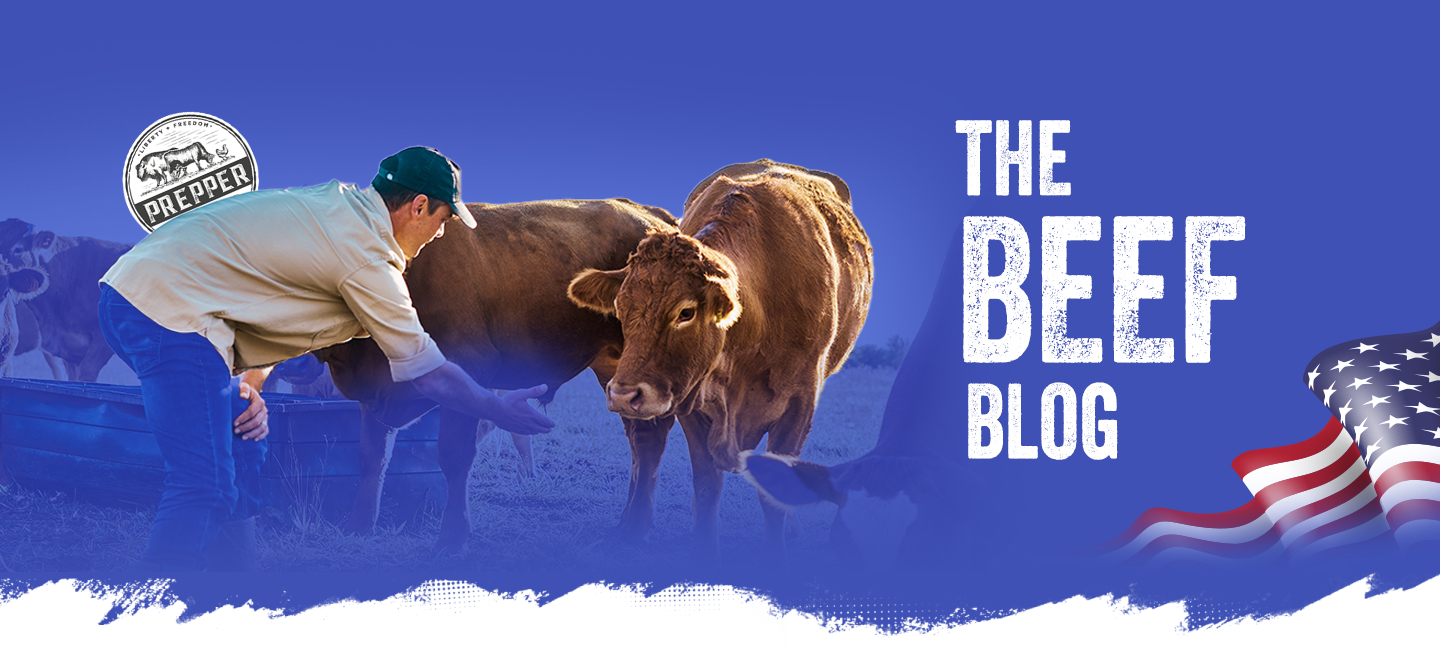
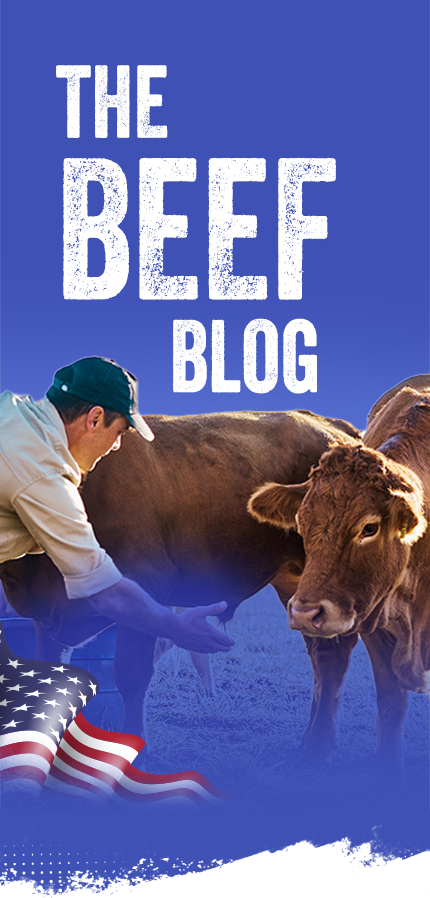
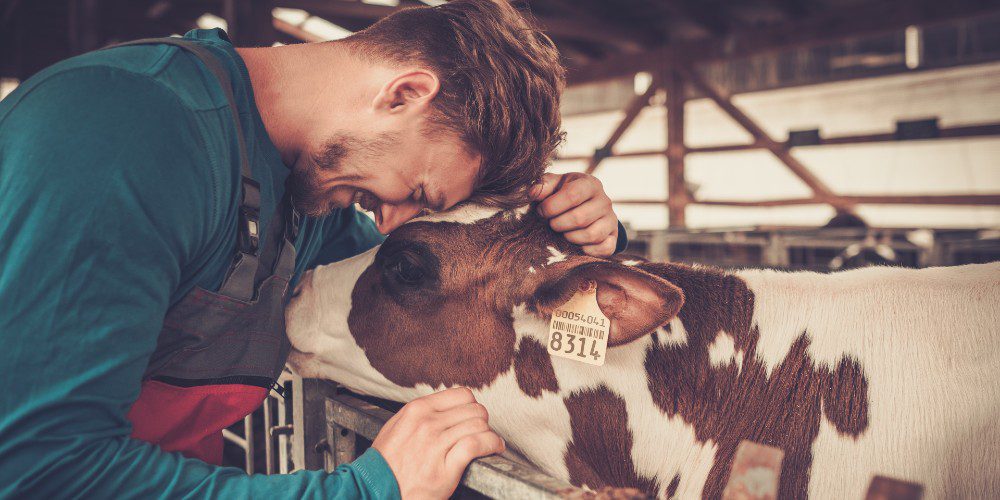



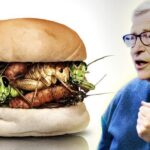










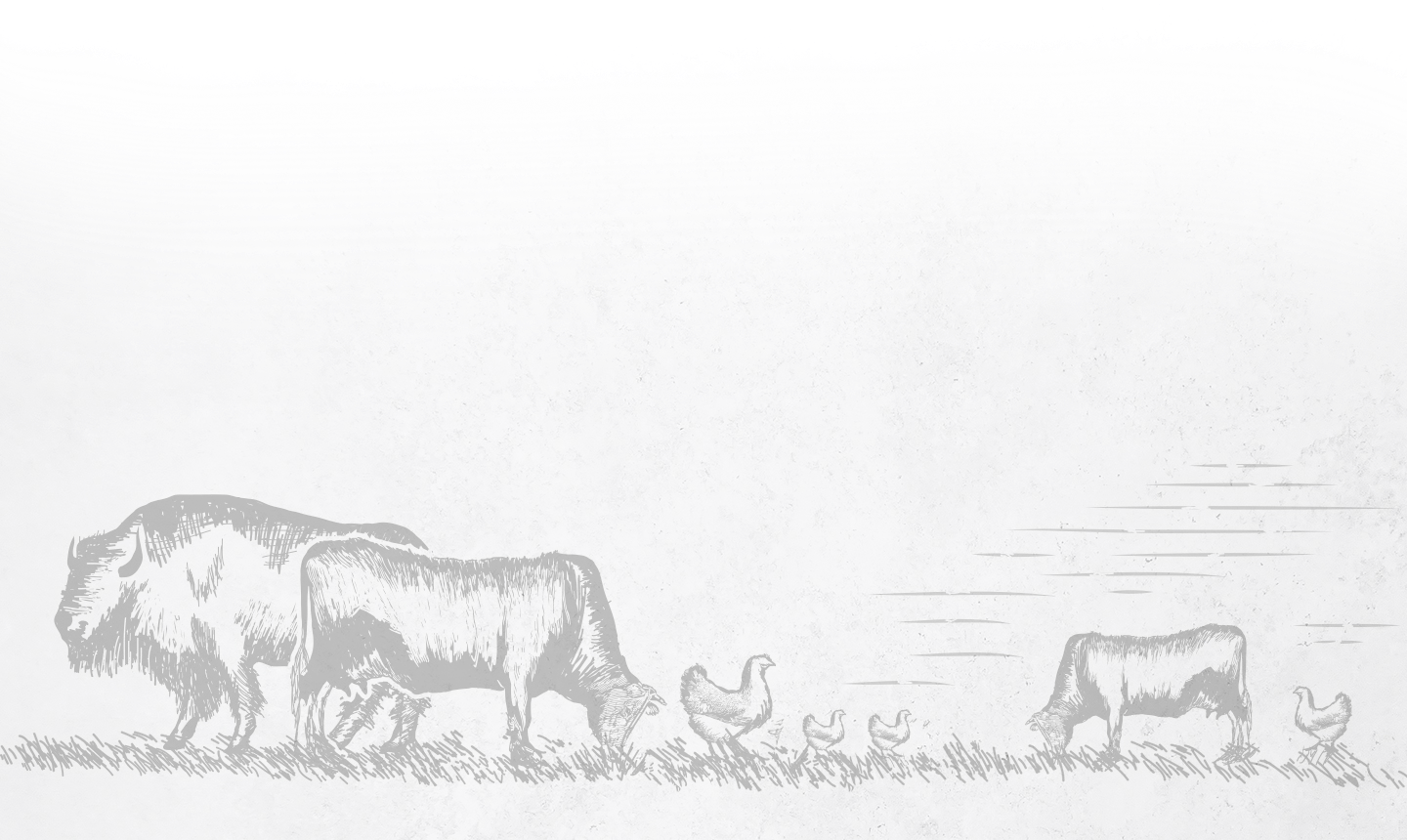




Leave a Reply